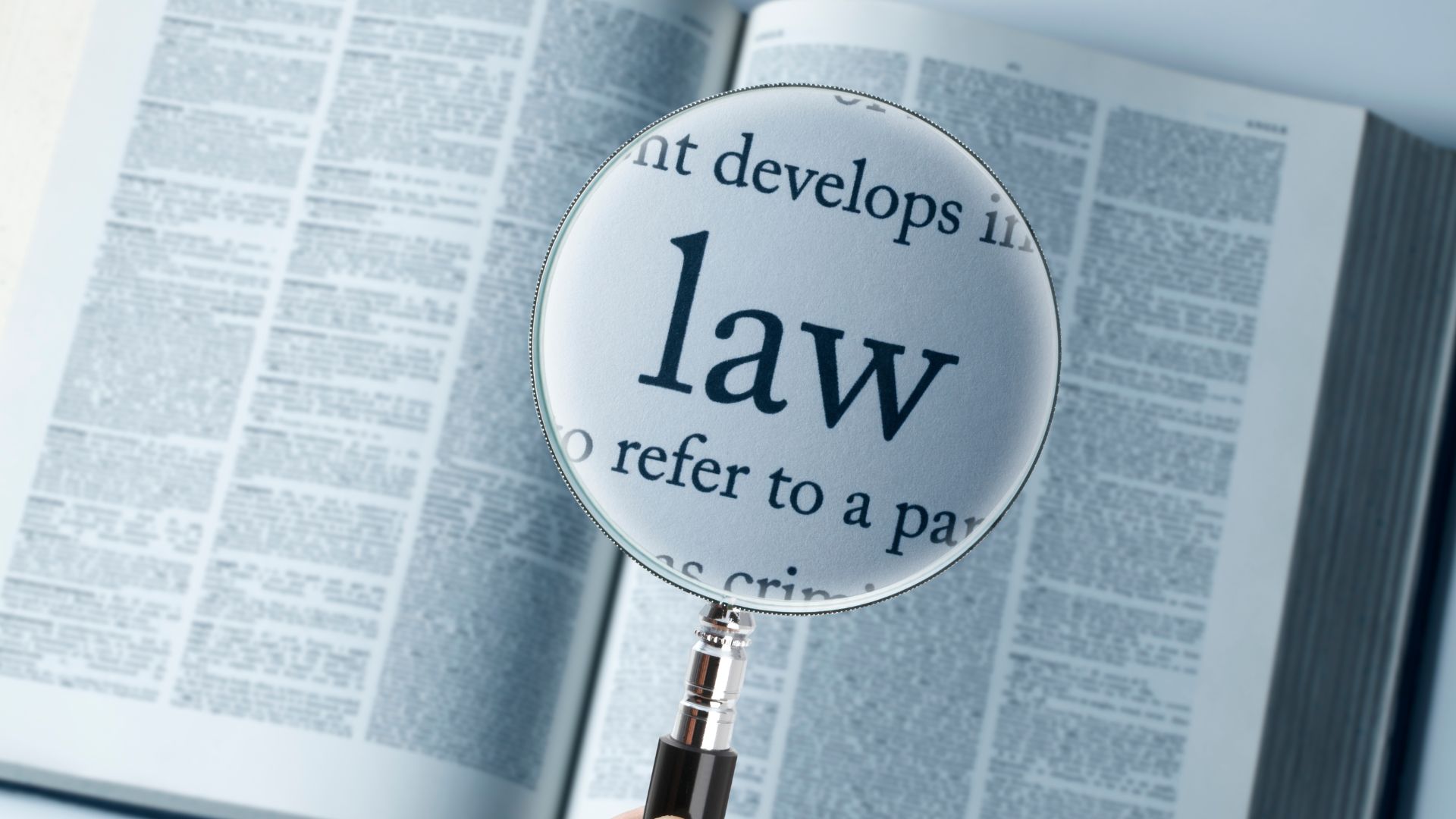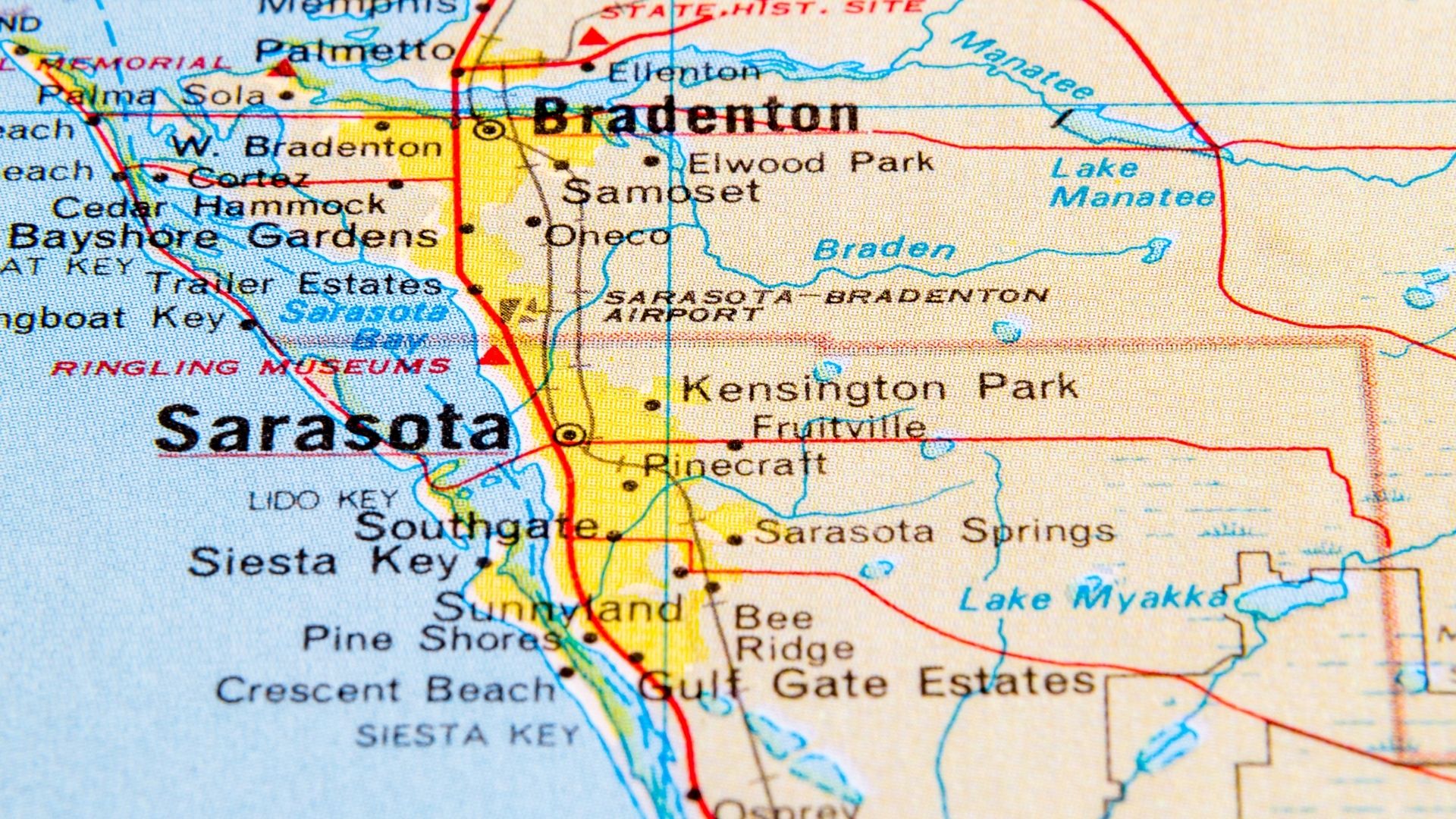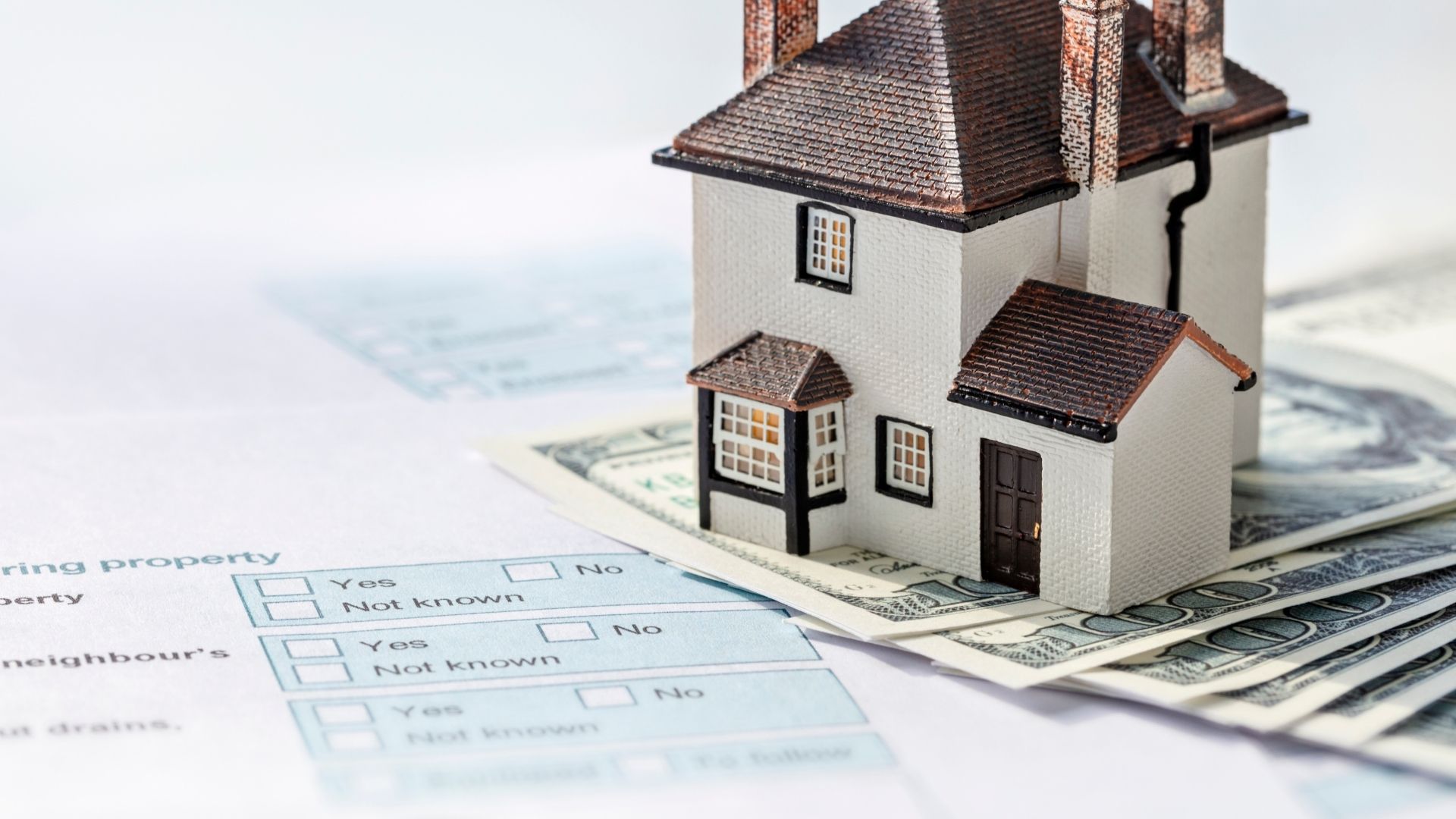
What is Land Use Law?
You found it. The perfect piece of land.
In your mind’s eye, you can see it clearly: a beautiful new office building, a small multi-family complex, or your absolute dream home. You hire an architect, draw up the plans, and head to the local planning department, only to have the person behind the counter look at your drawings and say:
“Sorry, you can’t build that here.”
Your dream hits a literal brick wall. This, in a nutshell, is the world of land use law. It’s the complex, often invisible, set of rules that governs what you can (and cannot) do with your property.
It’s one of the most complex areas of law because it’s where your private property rights slam directly into the government’s power to regulate for the public good. At Barnes Walker, we spend our days navigating this bureaucratic labyrinth. Let’s demystify it for you.
What Is Land Use Law? (And Why Are There Two Sets of Rules?)
Most property owners are confused to learn they have two different designations on their property: a Future Land Use (FLU) and a Zoning designation.
This is the most important concept to grasp. The easiest way to think about it is like this:
- The “Constitution” (Future Land Use): This is the Comprehensive Plan (or “Comp Plan”). It’s the county’s or city’s 20-year “big picture” vision. It’s a broad, governing document that says, “This entire area of the city will be for ‘Residential’ purposes.” It sets the maximum density (how many homes per acre) and intensity (how much building per acre).
- The “Specific Laws” (Zoning): This is the nitty-gritty. Zoning is the specific law that implements the “big picture” vision. It takes that broad “Residential” area and slices it into districts: “This specific street is zoned R-1 (single-family homes only), this one is R-2 (duplexes allowed), and this one is R-3 (small apartments).”
Zoning dictates everything: how tall your building can be, how far it must be from the property lines (the “setbacks”), and what you can use it for (e.g., no, you can’t run a restaurant out of your R-1 zoned home).
The #1 rule: Zoning can never be inconsistent with the Future Land Use. Your specific “law” (Zoning) cannot violate your “Constitution” (FLU).
When Do I Need a Land Use Attorney?
Many people believe a land use attorney is only for giant developers. This is a costly mistake. In reality, you need one far more often than you’d think.
You should call a land use attorney before your project gets into trouble, especially in these common scenarios:
1. The “Mother, May I?” (Variances & Special Exceptions)
You aren’t trying to change the world, you just have a small problem.
- The Problem: Your lot is wedge-shaped, and the only place to build a garage violates the 10-foot setback by 2 feet.
- The Solution: You need a Variance. This is a formal request to “vary” from the strict letter of the law due to a unique hardship with your property.
- The Problem: You want to run a small, quiet daycare out of your home in a residential neighborhood.
- The Solution: You need a Special Exception or Conditional Use Permit. This is permission to do something that isn’t normally allowed in that zone, if you can prove it won’t harm the neighborhood (e.g., by creating traffic, noise, etc.).
2. The “Full-Scale Change” (Rezoning)
This is the big one. You’re not asking to bend the rules; you’re asking to change them.
- The Problem: You bought an old house on a large lot zoned R-1 (single-family), and you want to tear it down and build a duplex (R-2).
- The Solution: You must formally petition the government to Rezone your specific property. This is a lengthy, expensive, and public process.
3. The “Is This Even Possible?” (Due Diligence)
This is the smartest time to hire a land use attorney.
- The Problem: You want to buy that perfect piece of land, but you don’t know if your vision is feasible.
- The Solution: You hire an attorney to perform zoning and land use due diligence. They will investigate the FLU, the zoning code, environmental regulations, and development history before you sign the contract, saving you from a multi-million dollar mistake.
What Does a Land Use Attorney Actually Do?
A common misconception is that a land use attorney just “files paperwork.” In reality, they are your project’s strategist, translator, and chief negotiator.
1. They Are Your Strategist and Translator The local development code is often a 500-page, mind-numbing document. We read it so you don’t have to. We analyze your goal and find the best path forward. We’ll tell you, “A full rezoning will never pass here—the neighbors will fight it. However, we can get your project approved by applying for two variances and a special exception. It’s a faster, cheaper, and more likely path to ‘yes’.”
2. They Are Your Public-Facing Advocate This isn’t a typical courtroom. Your “jury” is the local Planning Commission or City/County Council—elected officials who answer to their voters. A land use attorney’s job is to build a persuasive case, present it at public hearings, and negotiate with neighborhood groups and government staff to build consensus. It’s as much about politics and relationships as it is about the law.
3. They Are Your Project’s Problem-Solver As your project moves forward, your attorney quarterback’s the entire team. They work with the engineers on traffic studies, the architects on design changes, and the surveyors on hidden easement or boundary issues. They are the professional “fixers” who keep your project from being derailed by a detail you never knew existed.
Don’s Let Red Tape Kill Your Dream
Land use law is the invisible operating system running in the background of all real estate. Trying to navigate it alone is a recipe for frustration, delays, and financial loss.
Before your dream project runs into a bureaucratic brick wall, do the most important thing first: get a plan. The team at Barnes Walker has been guiding developers, investors, and homeowners through the complexities of Florida land use law for decades. We know the codes, we know the people, and we know how to build the case for “yes.”
If you have a question about a piece of property or a project you’re considering, contact us for a consultation. Let’s find out what’s possible, together.
Disclaimer: The information and opinions provided are for general educational, informational or entertainment purposes only and should not be construed as legal advice or a substitute for consultation with a qualified attorney. Any information that you read does not create an attorney–client relationship with Barnes Walker, Goethe, Perron, Shea & Johnson, PLLC, or any of its attorneys. Because laws, regulations, and court interpretations may change over time, the definitions and explanations provided here may not reflect the most current legal standards. The application of law varies depending on your particular facts and jurisdiction. For advice regarding your specific situation, please contact one of our Florida attorneys for personalized guidance.
Trust • Experience • Results
Ready to Get Started?
Get started with Barnes Walker today.














